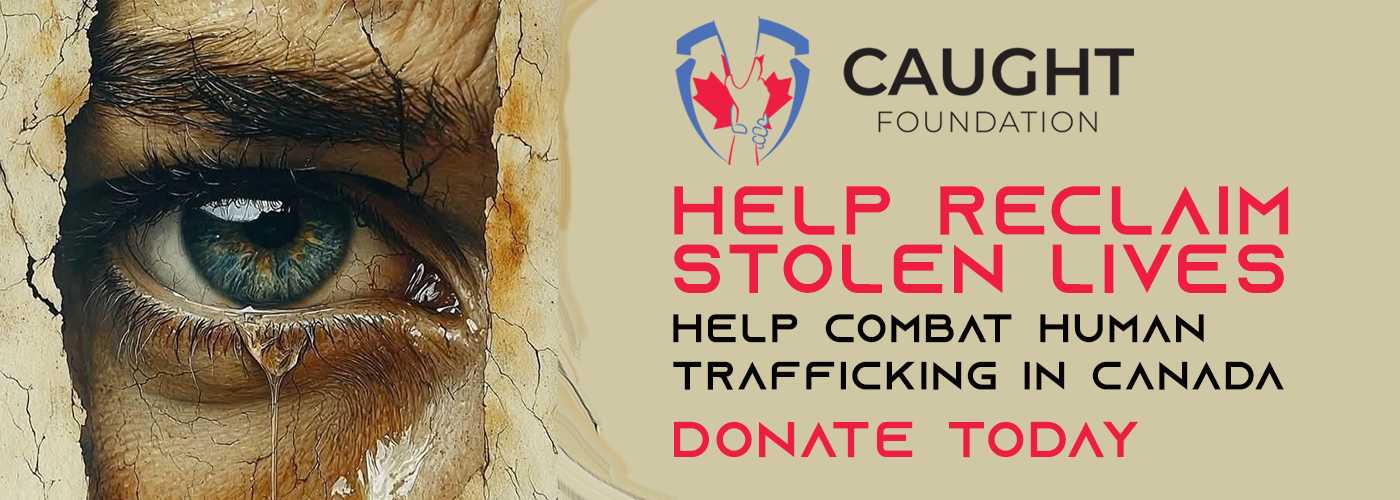Ukraine is having a tougher-than-usual time at the moment. On the frontlines, the battle of Pokrovsk is raging, and it does not look like Ukraine is winning it. Nor do things look good for the country’s energy resilience after months of an intensive Russian air campaign targeting key infrastructure. According to the UN, this could trigger another major humanitarian crisis in the already war-ravaged country. The geopolitical picture looks equally grim. The delivery of long-range Tomahawk missiles, sought by Kyiv for months now, has again been ruled out by the US president, Donald Trump. What’s more, after his meeting with the Chinese president, Xi Jinping, in South Korea on October 30, Trump said that the US and China would work together to end the war in Ukraine. The possibility of a productive collaboration between Trump and Xi on peace in Ukraine, let alone its successful conclusion, is remote. And even if there was a Washington-Beijing sponsored deal, it would not be in Ukraine’s favour as became clear a few days later. During a high-profile, two-day visit of the Russian prime minister, Mikhail Mishustin, to China on November 3 and 4, Beijing showed no signs of backing out of its partnership with Russia, which is key to sustaining the Kremlin’s war machine. Nor does the continuing delay in approving an EU loan to Ukraine worth €60 billion (£53 billion) and backed by frozen Russian assets bode well for Kyiv. Given all this bad news, it was therefore no surprise that Ukraine’s president, Volodymyr Zelensky, leapt at what looked, on the surface, like good news in the European commission’s latest assessment of Kyiv’s progress towards EU membership. The European commission notes in its report that Ukraine has made progress in all of the 33 different chapters of the accession negotiations. This is as remarkable as it is commendable given that the country has done so in the shadow of Russia’s aggression since February 2022. Yet, in many areas, progress is modest at best. A more careful analysis of the 2025 commission report suggests that positive news, if any, is in the presentation, not the underlying facts. This map of the region around the townof Pokrovsk, in Ukarine’s east, shows the extent of Russian advances. Institute for the Study of War For example, in relation to the fight against corruption the commission reports that recent developments “cast doubts on Ukraine’s commitment to its anti-corruption agenda”. This is primarily a reference to attempts by Zelensky’s government to limit the independence of the country’s anti-corruption institutions. The issue triggered massive public protests in the summer and forced a partial government climb-down. Worryingly, the commission also notes “political pressure on anti-corruption activists” and “harassment and intimidation of journalists”. This includes “cases of strategic lawsuits against public participation (SLAPPs) related to journalistic investigations”. Meanwhile, in the fight against serious and organised crime, the commission report states: “The freezing and confiscation of criminal assets remain very limited.” Other shortcomings concern limited progress on decentralisation, lack of transparency in recruitment to civil service positions, the independence and impartiality of the judiciary, and the persistence of torture and ill treatment in the prison and detention system. On the one hand, it is not surprising that these shortcomings exist. Ukraine has been fighting an existential war for almost four years. The country has only been a candidate country for EU membership since June 2022, four months after Russia launched its full-scale invasion. Accession negotiations didn’t start until December 2023. Volodymyr Zelensky: the Ukrainian president faces opposition to his plans for his country to join the EU by 2030. EPA/Olivier Hoslet Yet it is the persistence of these highly visible, easily exploitable problems related to fundamental values of the EU that are causing concern. Almost identical issues were raised in the European commission’s opinion on Ukraine’s membership application in 2022. It was raised again in the 2023 report and again in last year’s progress report on accession negotiations. It may be an exaggeration to claim that Ukraine is experiencing a turn towards a more autocratic style of presidential government under Zelensky. But there clearly are signs that war-time politics in Kyiv has a darker side that does little to bolster the country’s credentials for EU membership. Discord within This provides easy ammunition for Ukraine’s detractors inside the EU. Chief among them is Hungary’s prime minister, Viktor Orbán, whose obstruction tactics have frustrated European commission efforts on Ukraine’s accession. Poland and Slovakia have joined Hungary in defying the EU’s effforts to complete an updated trade deal with Ukraine. Opposition to Ukraine from within the EU has now been further strengthened by the formation of a eurosceptic, hard-right populist government coalition in the Czech republic. The EU’s foreign affairs chief, Kaja Kallas, continues to insist that membership for Ukraine by 2030 “is a realistic goal”. But the EU’s enlargement commissioner, Marta Kos, is more guarded. She has noted that “future accession treaties will need to contain stronger safeguards” to “reassure our citizens in the Member States that the integrity of our Union and democratic values are ensured, also after the accession”. In an interview with the Financial Times, she said that she did not “want to go down as the commissioner bringing in the Trojan horses”. Given the detail in Ukraine’s 2025 progress report on areas where Kyiv clearly needs to make urgent improvements, this suggests that the tough times for Ukraine are likely to continue, and not just in its war with Russia. Though the future of the EU and Ukraine have become ever more closely entwined since February 2022, there remains a bigger question for the EU. Its dilemma is how to balance holding the line on its membership standards and enabling Ukraine to hold the line against Russia.
Lack of progress on joining EU caps another bad month for Ukraine
Date:





